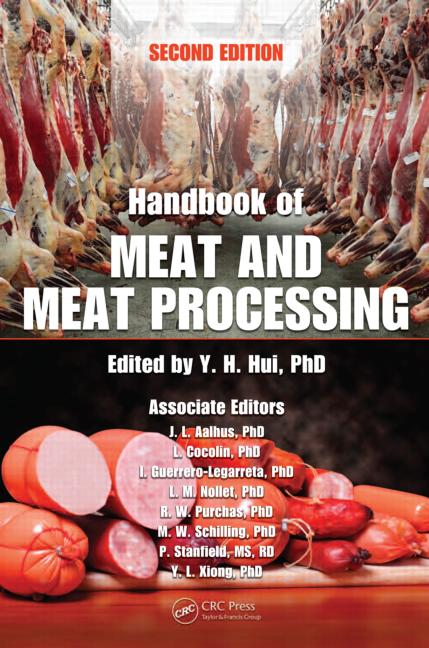The planned acquisition of Smithfield Foods by Chinese processor Shuanghui International may be facing more legal roadblocks. Iowa, Missouri and several other Midwest states have existing laws that ban foreign ownership of farmland. The land laws could be invoked by those opposed to the deal, and at the very least may require some complex legal maneuvering by the companies, reports NBC News.
The deal will have to face scrutiny from a federal government panel that assesses national security risks, but NBC News reports that the panel is not expected to block the sale. The land ownership laws were originally enacted in the 1970s as the result of acquisitions by Japanese investors. The laws restrict foreign businesses or governments from owning or controlling U.S. land used for livestock or crop production.
At least eight states - Iowa, Nebraska, Minnesota, Missouri, North Dakota, Oklahoma, South Dakota and Wisconsin - have laws that prohibit foreign ownership of agricultural land. If the Shuanghui acquisition goes through, any hog farms, crop fields, manure lagoons or other land used for agricultural production and now owned by Smithfield in these states, could invite legal challenges.
While Smithfield’s 11 slaughterhouses and plants in those states are likely exempt, experts say, those operations may rely on farm, feed or waste facilities that could be subject to legal challenge. Smithfield does not disclose specifics of its property holdings, and the company declined to comment for this story. The restrictions could affect how Smithfield and its subsidiaries operate post-merger.
Source: NBC News



Report Abusive Comment